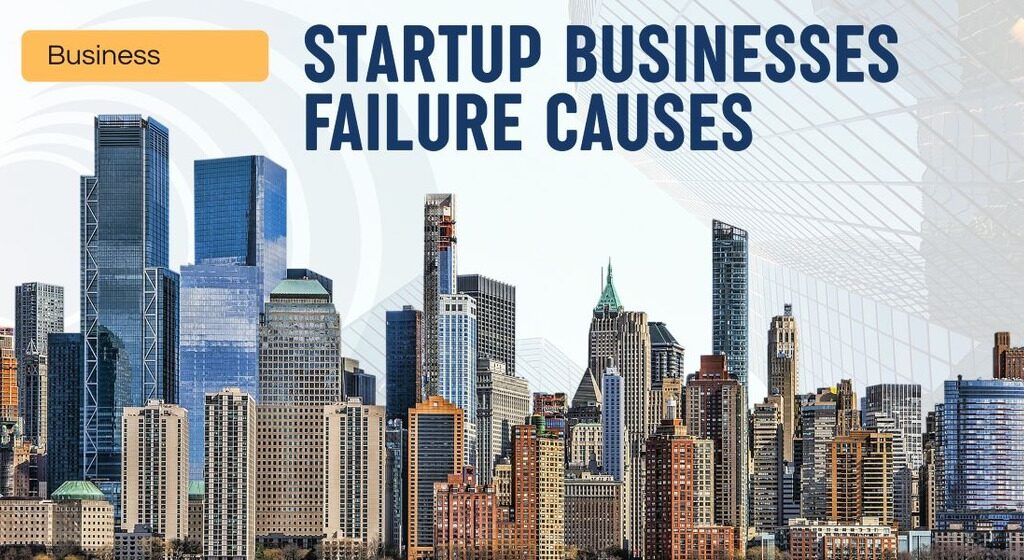Posted inBusiness
What are the Reasons for the High Failure Rate of Most Startup Businesses?
Launching a business can be an exhilarating venture; however, the real challenge is in maintaining it. Statistics reveal that a considerable number of startup businesses fail within their first three to…










